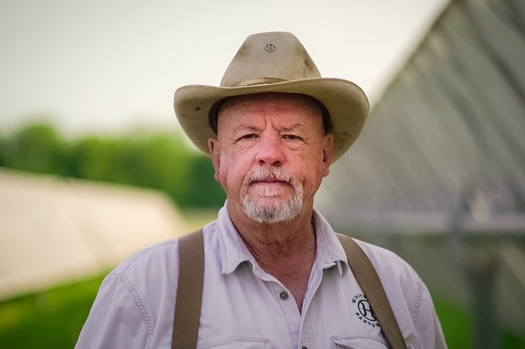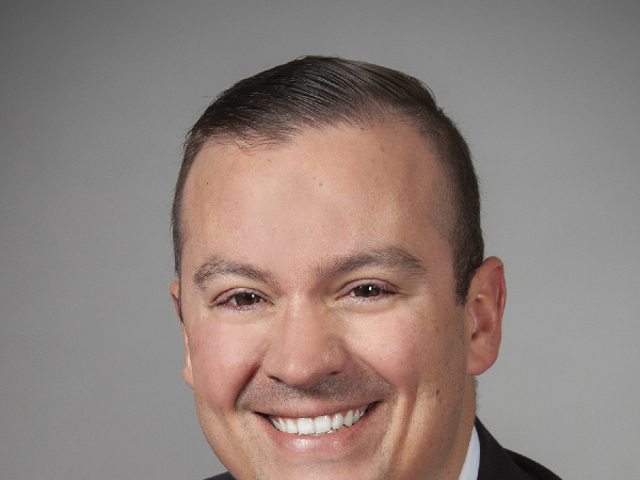
He's been called a "carbon cowboy" and an inspiration.
Ohioans have an opportunity to hear from a legendary cattleman about how holistic practices can benefit the environment and create a self-sufficient farm.
Will Harris owns his family's 154-year-old farm, White Oak Pastures in Georgia.
The 10 species of livestock there are pasture-raised and hand-butchered on the farm. Harris said the remaining parts are turned into compost, pet chews and leather products.
"Dr. George Washington Carver said, 'In nature there is no waste,' and that's kind of our mantra," Harris explained.
Harris maintained the pandemic has highlighted the importance of sustainable farming practices, noting the CEO of Tyson Foods publicly admitted the food-production system is breaking.
"And he's right," Harris asserted. "I mean, how many chickens and hogs were euthanized because the centralized slaughter system couldn't handle them?"
Harris is the keynote speaker for the Ohio Ecological Food and Farm Association's 42nd annual conference, Feb. 10-15. The event will be online and registration is open.
While consumers are becoming more interested in locally grown and raised foods, Harris conceded it's still a small percentage of what's eaten in this country. He encouraged other producers to consider regenerative, humane and locally-focused practices, and noted success involves more than just the production end.
"The production is the fun part," Harris remarked. "It's what we all love doing what goes on in the pasture. And that's important and you've got to focus on it. But you've also got to focus on getting your products processed and getting it marketed and distributed."
Harris added by treating his pastures as a complete ecosystem, he sees improvements in biodiversity, soil health and resiliency against pests and disease.
A 2019 study of White Oak Pastures found the operation stores more carbon in its soil than its cows emit in production.





